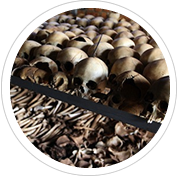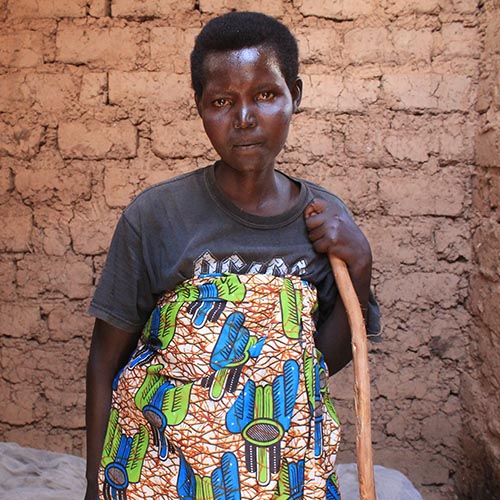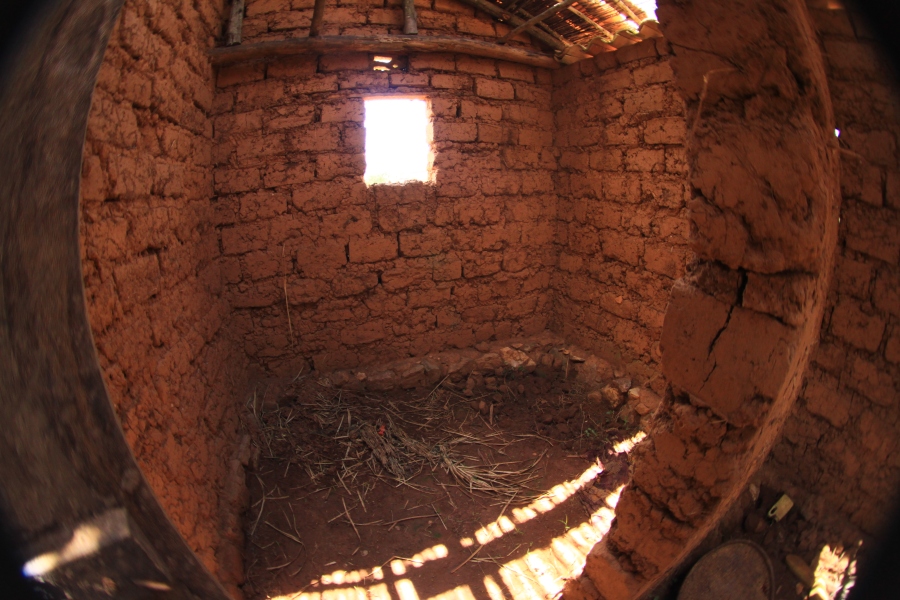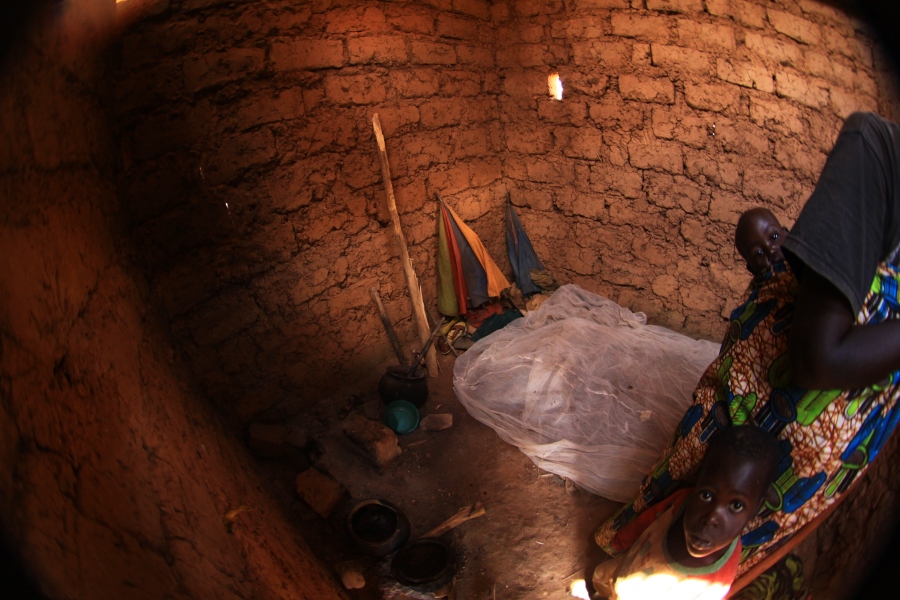
In 1994, Rwanda witnessed a genocide in which 800,000 people were killed over a period of 100 days.
The roots of the genocide lie in decades of political power struggle between the Hutus and the Tutsis, in colonial and postcolonial relations, and in a tangle of definitions of ethnic identity. Therefore, to summarize what caused the genocide is a long task. During the years leading up to the genocide the social and political environment in Rwanda grew restless because there were rumours that a Tutsi revolutionary force was grouping up in the neighbouring country Uganda. Hutu rulers became afraid of losing power, and begun steadily preparing the country for war.
Most radio stations at the time were controlled by the Hutu government and from 1990 onwards the media was used as a propaganda machine against all Tutsis and moderate Hutus in Rwanda. At the same time, the Hutu government trained and recruited hundreds new militias.
The genocidal killing began on April 6, 1994, after the plane of the Hutu leader Habyarimana was shot down and Habyarimana was killed. The real identity behind the shooting remains unknown till this day, but Hutu extremists immediately used the event to justify the initiation of mass killings that the government had secretly been planning for months.
The killings begun immediately. Thousands of men, women, and children were tortured, killed, and their houses were often looted and burned down.
In addition to the killings, during the spring of 1994 500,000 women were violently raped. Rape during the genocide was particularly brutal because it was used as a weapon of war. Many of the women were physically mutilated and psychologically scarred for life.
Today, 18 years later, the effects of these rapes are still very real. Approximately 15,000 children were born out of these rapes and thousands of women and children were affected with HIV. The stigma caused by rape has forced these women and children to live on the margins of society. The women are silenced and neglected by their community and families; they constantly struggle to obtain dignified sources of income, lack access to medical aid, and lack economic security.




